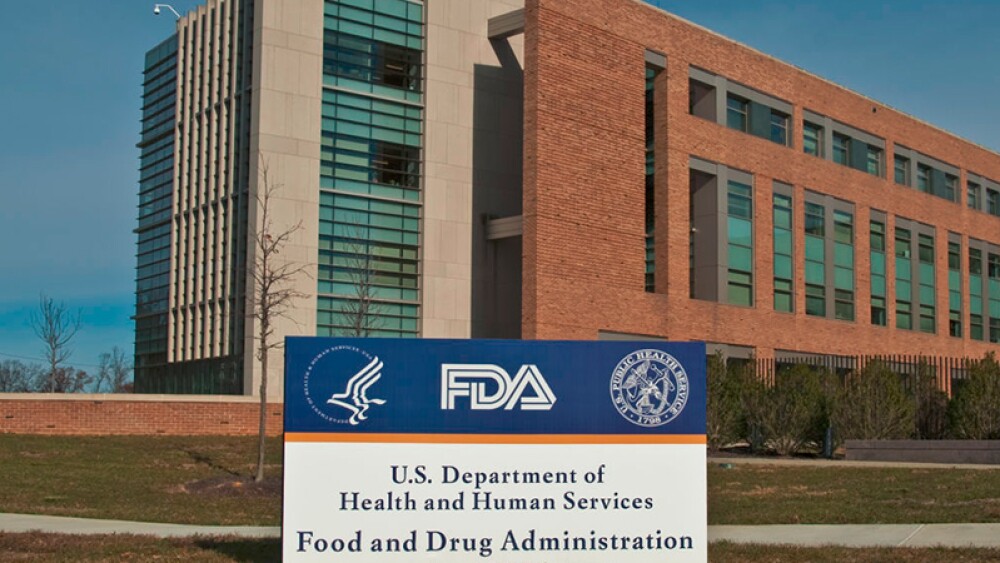August 1, 2017
By Mark Terry, BioSpace.com Breaking News Staff
Jumping ahead of its late-August PDUFA date, the U.S. Food and Drug Administration (FDA) approved Celgene and Agios ’ AG-221 (enasidenib) for acute myeloid leukemia.
The drug will be marketed as Idhifa for adult patients with relapsed or refractory acute myeloid leukemia (AML) who have a specific genetic mutation. It is approved with a companion diagnostic, the RealTime IDH2 Assay, which detects the IDH2 gene in AML patients.
“Idhifa is a targeted therapy that fills an unmet need for patients with relapsed or refractory AML who have an IDH2 mutation,” said Richard Pazdur, director of the FDA’s Oncology Center of Excellence and acting director of the Office of Hematology and Oncology Products in the FDA’s Center for Drug Evaluation and Research, in a statement. “The use of Idhifa was associated with a complete remission in some patients and a reduction in the need for both red cell and platelet transfusions.”
The drug works by blocking several enzymes that promote cell growth. It was evaluated in a single-arm trial of 199 patients with relapsed or refractory AML with the IDH2 mutations.
Celgene and Agios first partnered in 2010. Celgene at that point picked up the global rights to AG-221 in 2014. John Carroll, writing for Endpoints News, says “Celgene handed back rights to AG-120 an IDH1 inhibitor, but also anted up another $200 million to grab options on a slate of experimental drugs in the biotech’s pipeline.”
Last year Celgene renegotiated its deal with Agios, but held the rights to AG-221 in patients with advanced hematologic malignancies with an IDH2 mutation.
The diagnostic test is marketed—and the approval went to—Abbott Laboratories .
The drug will have a boxed warning, the strongest one used by the FDA, calling attention to the risk of differentiation syndrome, a potentially fatal adverse reaction. It is characterized by fever, respiratory distress and multi-organ dysfunction.
Idhifa is the first and only FDA-approved drug for patients with an IDH2 mutation, which accounts for between 8 and 19 percent of all AML patients. In 2017, about 21,380 new cases of AML are expected to be diagnosed. And approximately 10,590 patients die of the disease each year.
“The FDA approval of Idhifa just four years after entering the clinic is the first of what we expect to be multiple first-in-class precision medicines for patients with cancer and rare genetic diseases from our productive discovery engine,” said avid Schenkein, Agios’ chief executive officer, in a statement. “We look forward to working closely with Celgene to co-commercialize Idhifa and provide access for patients in the U.S. with this devastating disease.”
Martin Tallman, Hematologic Oncologist and chief, eukemia Service at Memorial Sloan Kettering Cancer Center, said in a statement, “AML is a complex, heterogeneous disease, which is particularly difficult to treat in the relapsed or refractory setting. IDH2 mutations inhibit the normal maturation of myeloid cells, so having a treatment that targets this mechanism is promising for patients and encouraging to us as physicians who have it as our goal to provide options for every patient.”
Celgene remained largely unchanged, trading currently at $135.02.
Agios popped slightly, currently trading for $56.





